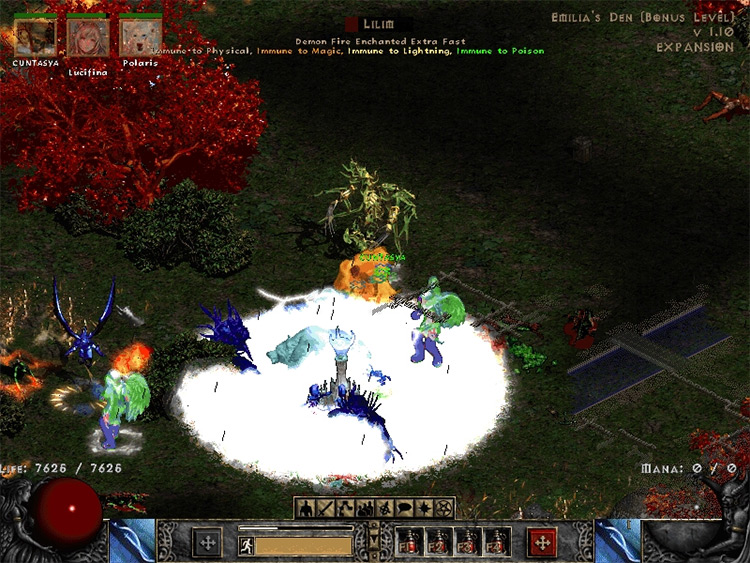

"Our merger will benefit consumers and workers. Microsoft President Brad Smith tweeted that the company was "grateful" for the "quick and thorough" decision. In its arguments, the FTC has said Microsoft would be able to use the Activision games to leave rival console makers like Nintendo and market-leader Sony Group out in the cold.

The deal would be the largest for Microsoft and the biggest in the history of the videogame business.

In the coming days we'll be announcing our next step to continue our fight to preserve competition and protect consumers." Microsoft shares edged lower. "The FTC has not shown it is likely to succeed on its assertion the combined firm will probably pull Call of Duty from Sony PlayStation, or that its ownership of Activision content will substantially lessen competition in the video game library subscription and cloud gaming markets," she wrote.įTC spokesperson Douglas Farrar said the antitrust regulator was "disappointed in this outcome given the clear threat this merger poses to open competition in cloud gaming, subscription services, and consoles. In her opinion, Judge Jacqueline Scott Corley disagreed. The FTC had originally asked the judge to stop the proposed deal, arguing it would give Microsoft Corp, maker of the Xbox gaming console, exclusive access to Activision games including the best-selling "Call of Duty." The agency's concern was that the deal would potentially preclude the availability of those videogames on other platforms. court in San Francisco separately gave the Federal Trade Commission until July 14 to appeal the judge's decision. Activision shares, already up about 5% after the US news, doubled and rose nearly 10%. Shortly after the judge's ruling, Britain's Competition and Markets Authority, which had objected to the deal in April, said that it was prepared to consider Microsoft's proposals to resolve antitrust concerns in the UK. judge ruled on Tuesday that Microsoft may go forward with its planned acquisition of videogame maker Activision Blizzard, turning aside antitrust enforcers' request for a preliminary injunction to temporarily stop the $69 billion deal.


 0 kommentar(er)
0 kommentar(er)
